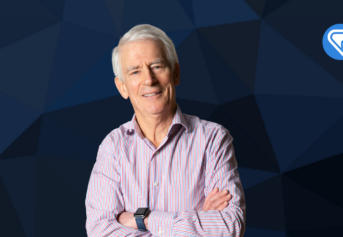
Why Many People Fail at Language Learning
Right now I’ve been at my Arabic for three years and my Persian for two, I can’t say that I speak either language particularly well. I really struggle. My Farsi is now better. I’ve had the opportunity to use it a bit here and there around Vancouver, North Vancouver, especially West Vancouver. I’m now exploring Egypt in Arabic with Mohammed, my tutor, and I do struggle in our conversations, there is no question. But am I failing in the language?











